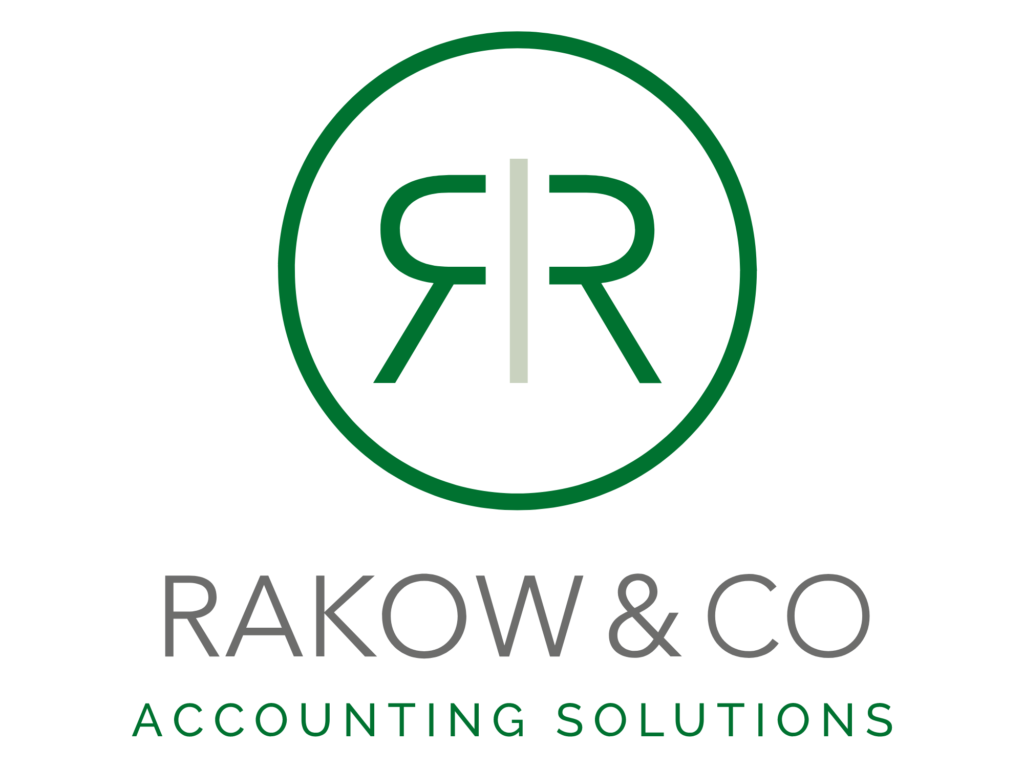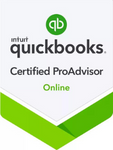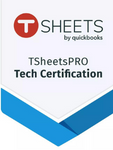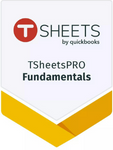Growing your business is exciting, but it also means your tax situation becomes more complex. Effective business tax planning strategies can help you reduce your tax burden, avoid surprises, and reinvest more into your company. Whether you’re just starting or expanding, understanding these tax planning strategies for businesses is key to long-term success.

Why Tax Planning Matters
As your business grows, so do your tax responsibilities. Planning ahead helps you:
- Minimize tax payments
- Take advantage of deductions and credits
- Avoid penalties and audits
- Improve cash flow for reinvestment
Without a solid tax plan, you might miss opportunities to save money or run into costly problems with the IRS. Tax planning is not just about filing returns on time-it’s about making strategic decisions throughout the year that affect your overall tax liability. By understanding your tax obligations early, you can make informed choices about expenses, investments, and business operations that reduce your taxable income.
The Effect Of Growth On Taxes
With more revenue and expenses, your tax filings become more complex. You may face payroll taxes, sales taxes, and estimated payments. Planning ahead helps you avoid paying more than necessary and keeps you compliant as your business expands.
Benefits Of Early Planning
Starting tax planning early gives you time to implement strategies that save money and reduce stress. It also allows you to work with professionals who can guide you through tax laws and maximize benefits.
Choosing The Right Business Structure
Your business structure affects how you pay taxes and your personal liability. Choosing the right one is a key tax planning strategy as your business grows.
Common Structures And Their Tax Implications
- Sole Proprietorship: This is the simplest structure where business income is reported on your personal tax return. While easy to manage, it offers no liability protection and may not be tax-efficient as your business grows.
- LLC (Limited Liability Company): Offers flexibility by allowing you to choose how you want to be taxed-either as a sole proprietor, partnership, or corporation. It provides liability protection while offering potential tax benefits.
- S Corporation: Allows profits and losses to pass through to your personal tax return, avoiding double taxation. It can also reduce self-employment taxes by paying you a reasonable salary and distributing the rest as dividends.
- C Corporation: Subject to corporate tax rates and potentially double taxation (at corporate and shareholder levels). However, it offers benefits like lower tax rates on retained earnings and easier access to investors.
Choosing the right structure depends on your business goals, income level, and plans for growth. It’s a decision that can significantly affect your tax obligations.
When To Reconsider Your Structure
Your initial business structure might have made sense when you started, but as your company grows, it’s important to revisit this choice. A growing business might benefit from switching to an S Corp or C Corp to reduce taxes or attract investors. Conversely, some businesses find that remaining an LLC offers the best balance of flexibility and protection. Consulting a tax professional or CPA can help you evaluate your current structure and decide if a change could save you money or reduce risk.
Organizing Your Records And Staying Compliant
Accurate and timely bookkeeping is essential for effective tax planning. Without well-organized records, you risk missing deductions, making errors on tax returns, or facing audits.
- Importance of Good Recordkeeping: Accurate records make tax filing easier and protect you during audits. They also help you understand your financial position.
- Tools and Services to Help: Software like QuickBooks can automate bookkeeping. If you prefer, hiring professional bookkeeping services ensures your records are accurate and timely.
- Staying Current with Tax Law Changes: Tax laws change often. Checking the IRS website or working with a tax advisor helps you stay compliant and take advantage of new tax benefits.
Maximizing Deductions And Credits
One of the most effective ways to reduce your tax bill is by maximizing deductions and credits available to your business.
Common Deductions To Claim
- Startup costs
- Equipment purchases (Section 179)
- Home office expenses
Valuable Tax Credits
- Research and Development (R&D) credit
- Retirement plan contributions
Working With A Tax Advisor
A tax professional can help you identify all eligible deductions and credits specific to your industry and business size. They can also advise on timing purchases or expenses to maximize tax benefits. Rakow & Co offers expert bookkeeping and tax services to assist you.
Managing Taxes Throughout The Year
Tax planning is not just a year-end activity. Managing your taxes throughout the year helps you avoid surprises and penalties.
Quarterly Estimated Taxes
If you expect to owe more than $1,000 in taxes, the IRS requires you to pay estimated taxes quarterly. Missing these payments can result in penalties and interest. Setting aside money regularly and using accounting software or professional help ensures you meet deadlines and avoid extra costs.
Choosing The Right Accounting Method
- Cash Method: You report income when you receive it and expenses when you pay them. This method is simpler and often preferred by small businesses.
- Accrual Method: You report income when earned and expenses when incurred, regardless of when money changes hands. This method provides a more accurate financial picture but is more complex.
Switching accounting methods can sometimes reduce your tax burden or better match your business’s cash flow.
Using Depreciation To Your Advantage
Depreciation lets you deduct the cost of assets like equipment over time. Accelerated depreciation methods allow you to deduct more in the early years, lowering taxable income sooner. Understanding which depreciation method fits your business helps optimize your tax savings.
Employee Benefits And Retirement Plans
Offering retirement plans and benefits is a smart tax planning strategy that also helps attract and retain employees.
Types Of Retirement Plans
Common options include 401(k)s, SEP IRAs, and Solo 401(k)s. Each has different contribution limits and tax advantages.
Tax Advantages Of Contributions
Contributions to retirement plans are typically tax-deductible for your business, reducing your taxable income. Additionally, these plans help your employees save for retirement, making your business more competitive in attracting talent.
Leveraging Technology And Professional Support
Technology and professionals help make tax planning easier and more accurate.
Integrating Software Tools
Using software like QuickBooks, which integrates with payroll and sales platforms, automates bookkeeping and reduces errors. This integration saves time and ensures your financial data is accurate and ready for tax filing.
When To Hire Professionals
As your business grows, tax planning becomes more complex. Hiring experts who provide bookkeeping and tax services can help you stay compliant and optimize your tax position. If you’re located in New Jersey, Rakow & Co offers local expertise in bookkeeping services NJ to support your business.
Additional Services To Consider
Many firms offer Add-On Services such as payroll management, sales tax filings, and business consulting. These services help streamline your operations and ensure you meet all tax obligations without added stress.
Preparing For Audits And Ongoing Compliance
Good recordkeeping and timely filings reduce your risk of an IRS audit and make the process smoother if one occurs.
Audit Readiness Tips
Keep all financial documents organized and accessible. Respond promptly to IRS requests and work with professionals experienced in audits to protect your interests.
Regular Tax Strategy Reviews
Your business and tax laws change over time. Reviewing your tax strategy annually with your advisor helps you adjust your plans and continue maximizing savings.
Next Steps
If you want to improve your tax planning, explore Rakow & Co’s professional bookkeeping services, bookkeeping and tax services, and Add-On Services designed to support growing businesses. Expert support can help you stay compliant and keep more of your earnings.
FAQs
Why is business tax planning important for growing companies?
Tax planning reduces your tax liabilities, avoids penalties, and frees up cash to reinvest. Rakow & Co’s professional bookkeeping services can help you manage this efficiently.
How do I know if I should change my business structure for tax reasons?
If your business has grown or your tax situation changes, reviewing your entity type with experts offering bookkeeping and tax services can help you decide.
What are some common tax deductions my growing business might miss?
Startup costs, Section 179 equipment deductions, and home office expenses are often overlooked. Rakow & Co’s professional bookkeeping services ensure you claim all eligible deductions.
How can technology help with my business tax planning?
Accounting software like QuickBooks automates recordkeeping and integrates with your business systems. Rakow & Co supports these tools through their Add-On Services.
What should I do to prepare for a potential IRS audit?
Keep your records organized and up to date. Working with professionals experienced in audits, like those offering bookkeeping services NJ, can ease the process.
How often should I review my tax planning strategy?
Review your tax plan annually or after major changes. Rakow & Co provides ongoing support through their bookkeeping and tax services.





